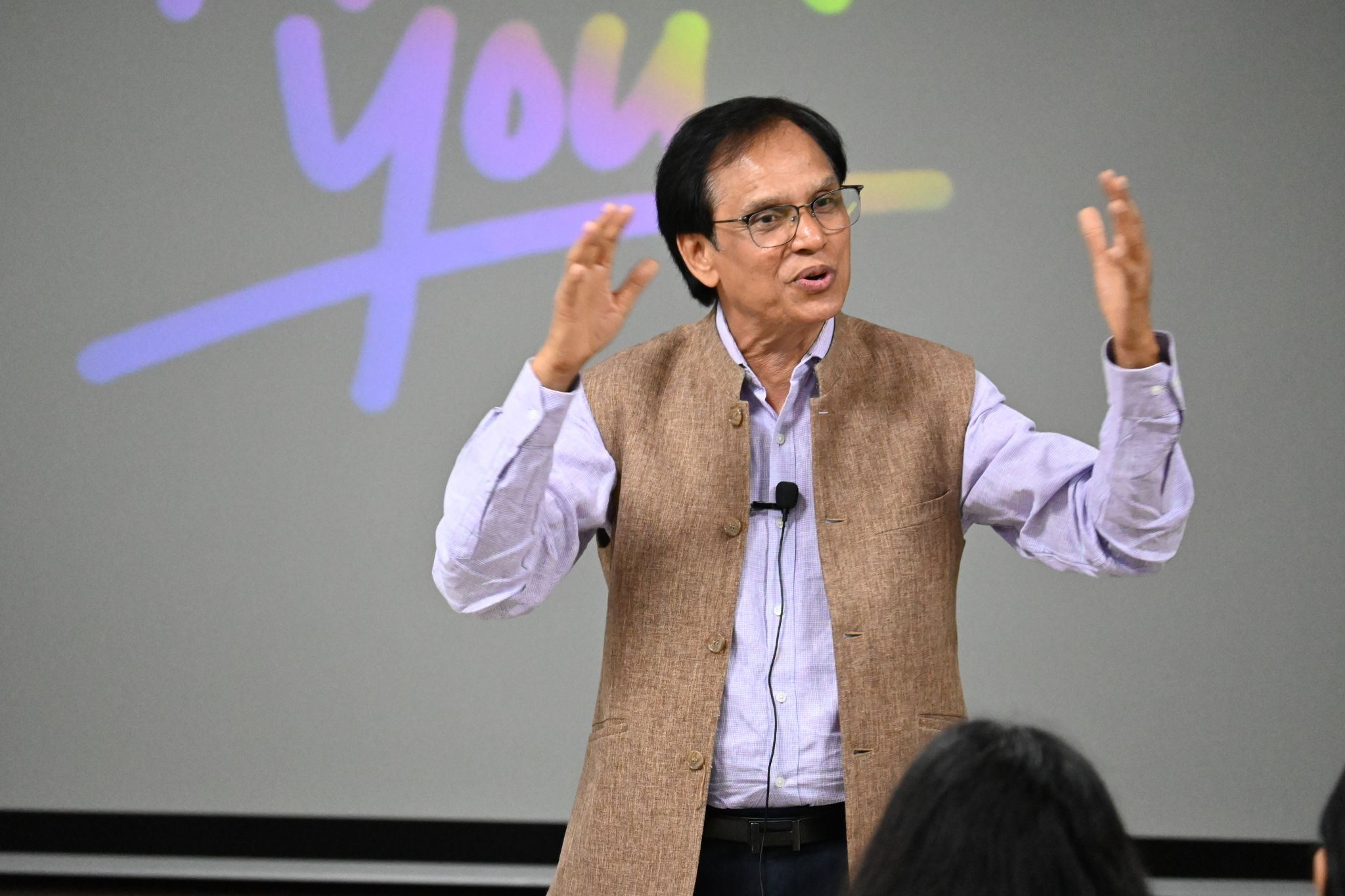Request for callback
By

.png)
When it comes to tax planning in India, Section 80C of the Income Tax Act is often the go-to option for many individuals. However, there are various other avenues available for tax savings that often go unnoticed. Especially for salaried individuals, diversifying tax-saving options can optimise their tax savings.
In this article, we delve in brief into the tax-saving options beyond Section 80C available under the Old Tax Regime, subject to fulfilment of the conditions of relevant provisions of the Income-tax Act.
Health Insurance Premium and Medical Expenses (Section 80D):
One of the most significant expenses individuals face today is healthcare. The section allows individuals to deduct the costs of their health insurance, regular checkups, and medical bills for themselves, their family members, and their parents. Subject to the limits and conditions prescribed.
Example: If you pay a premium of ₹20,000 for your health insurance and ₹5,000 for a preventive health check-up for your family, you can claim the entire ₹25,000 deduction under Section 80D.
Interest on Home Loan (Section 24):
Owning a house is a dream for many. Section 24 of the Income Tax Act provides relief on the interest paid on a home loan, thus reducing the overall tax liability. Here's a glimpse:
Example: If you're paying an interest rate of ₹3,00,000 annually on your home loan for a self-occupied property, you can claim a deduction of ₹2,00,000 under Section 24.
Education Loan Interest (Section 80E):
Investing in education is investing in the future. Section 80E offers tax relief on the interest paid on higher education loans in respect of an individual, spouse and children of the individual as under:
Example: If you're paying an interest rate of ₹50,000 on a higher education loan in a financial year, you can claim the entire amount as a deduction under Section 80E.
National Pension System (NPS) (Section 80CCD):
Planning for retirement is crucial, and the National Pension System (NPS) provides an avenue for long-term savings with tax benefits in respect of contributions made by the employee and also by the employer, subject to limits and conditions prescribed.
Donations to Charitable Institutions (Section 80G)
Contributions made to eligible charitable institutions or funds are eligible for tax deductions under Section 80G, subject to the limits and conditions prescribed.
Medical Treatment Expenses (Section 80DDB)
Individuals incurring expenses on specified critical illnesses for themselves or their dependents can claim tax deductions under Section 80DDB for the amount spent on medical treatment, as under, subject to the conditions prescribed:-
Interest on Savings Account (Section 80TTA)
Interest earned on savings accounts is eligible for tax deductions under Section 80TTA. Individuals can claim deductions on interest earned from savings accounts maintained with banks, co-operative societies, or post offices as under:
Conclusion
Incorporating these tax-saving options other than Section 80C can significantly reduce the tax burden for salaried individuals in India. It's crucial to understand the eligibility criteria, investment limits, and documentation requirements associated with each option to maximize tax savings effectively.
By diversifying tax-saving investments across various avenues, individuals can optimize their tax planning strategies and achieve long-term financial goals.
Prosperr.io will not only reduce your tax burden, but it will also help you make an informed financial decision that will align with your long-term objectives.
Click here to book your FREE tax assessment call
Disclaimer:
The article is only for educational purposes, covering limited aspects of relevant provisions of the Income-tax Act. The relevant provisions of the Income-tax Act may be referred to, for complete understanding.


-1.png)
-1.png)
.png)


